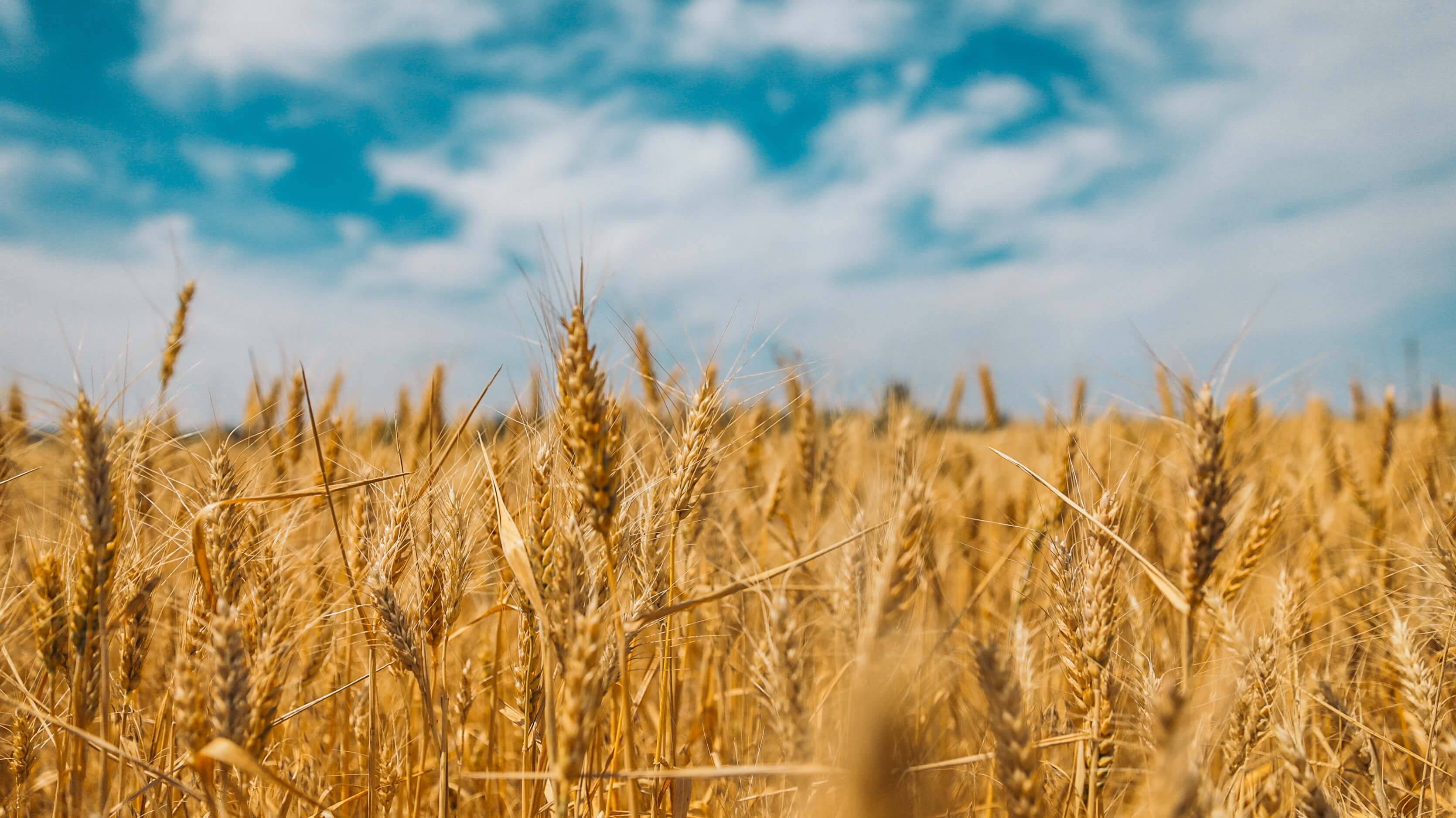The state of agricultural biotechnology research and adoption is diverse and regionally varied. In the United States, major corporations such as Monsanto and Corteva lead the charge with genetically modified organisms (GMOs), which have yielded drought-tolerant crops like corn and soybeans. A similar approach is taken by Bioceres Crop Solutions Corp., whose HB4 Wheat productivity solution has shown potential for significant yield increases under severe water stress.
Yet this embrace of genetically engineered crops is not without detractors, who express concerns about the risk of genetic uniformity and vulnerability to pests, diseases, and environmental stress.
Europe, by contrast, has taken a cautious approach due to stringent GMO regulations. Instead, the focus is on traditional breeding techniques and understanding plant genetics to develop crops that require less water, providing a diverse, adaptable way to manage climate change.
Organizations such as Brazil’s Embrapa breed drought-resistant beans in Latin America, and similar research is being conducted in Mexico on maize. These initiatives reflect the region’s rich biodiversity and varied rainfall patterns.
West Africa is making strides with the development of drought-tolerant sweet potato cultivars. A recent study published in Nature found that an accelerated breeding scheme has yielded several hybrids that showed promise under varying environmental conditions. These hybrids could significantly improve crop yields and food security in arid regions.
However, as we navigate the global race for drought-tolerant crops, we must recognize potential challenges and concerns. The potential ecological impact of GMOs, the socioeconomic implications for smallholder farmers, and ethical questions around the patenting of GMO seeds are all factors that must be taken into account.
Looking forward, balancing the urgent need for drought-tolerant crops with preserving biodiversity, smallholder farmers’ rights, and traditional agricultural knowledge is crucial. Equitable access to these innovations, particularly for those in regions most affected by climate change, is paramount.
Read the rest here.
Photo by Polina Rytova on Unsplash



2 Comments